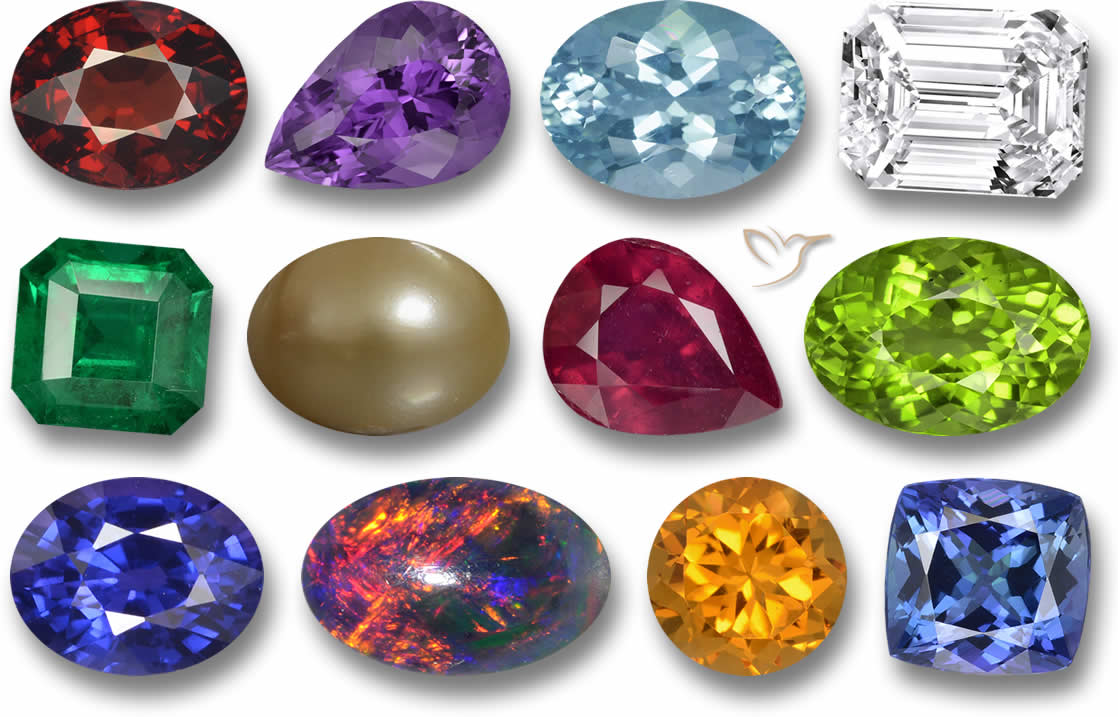Stories Behind Conflict-Free Gemstones and Their Appeal to Modern Buyers
The demand for conflict-free gemstones has surged as modern buyers prioritize ethics alongside beauty in their jewelry purchases. These gemstones, sourced without funding violence, exploitation, or environmental harm, carry compelling stories of integrity and sustainability. From Canadian diamonds to ethically mined sapphires, their narratives resonate with a conscientious consumer base. This article explores the origins of select conflict-free gemstones and examines their growing appeal in the market as of April 2025.

What Defines a Conflict-Free Gemstone?
A conflict-free gemstone is one extracted and traded without contributing to armed conflict, human rights abuses, or significant ecological damage. This contrasts with “blood diamonds” or gems linked to war zones. Certification, traceability, and ethical mining practices underpin their status, offering buyers peace of mind and a story of responsibility.
Stories of Conflict-Free Gemstones
The following gemstones exemplify the shift toward ethical sourcing, each with a unique tale:
- Canadian Diamonds: Mined in the Northwest Territories under strict regulations, these diamonds emerged in the late 1990s as an alternative to conflict zones in Africa. Companies like Dominion Diamond Mines provide laser-inscribed serial numbers, tracing each stone from mine to market.
- Montana Sapphires: Sourced from small-scale operations in the United States, these sapphires (blue, green, pink) gained prominence for their sustainable extraction. Mines like those near Helena operate with minimal environmental impact, appealing to eco-conscious buyers.
- Australian Opals: Australia produces over 90% of the world’s opals, largely from remote outback mines like Coober Pedy. Artisanal mining and a lack of conflict history make these iridescent gems a symbol of ethical luxury.
- Tanzanian Tanzanite: Found only in a small area near Mount Kilimanjaro, tanzanite’s mining has shifted toward ethical practices since the early 2000s. Efforts by companies like TanzaniteOne to improve miner welfare and reduce smuggling have enhanced its conflict-free status.
Appeal to Modern Buyers
Conflict-free gemstones attract today’s consumers for several reasons:
- Ethical Assurance: Buyers, especially millennials and Gen Z, seek products free from exploitation, aligning purchases with personal values.
- Transparency: Traceability through blockchain or certifications (e.g., Responsible Jewellery Council) builds trust, a key factor in luxury purchases.
- Unique Narratives: The stories behind these gems—such as Montana’s family-run mines or Canada’s arctic origins—add emotional depth, differentiating them from mass-produced alternatives.
- Market Premium: Ethical gems often command higher prices, reflecting their quality and backstory, which appeals to investors and collectors.
Comparing Conflict-Free Gemstones
The table below highlights key conflict-free gemstones, their sources, and appeal factors:
| Gemstone | Source | Ethical Feature | Price Range (per carat, 2025) | Buyer Appeal |
|---|---|---|---|---|
| Canadian Diamond | Northwest Territories | Traceable, regulated | $2,000 - $10,000+ | Transparency |
| Montana Sapphire | USA | Sustainable mining | $200 - $1,500 | Eco-friendliness |
| Australian Opal | Coober Pedy | Artisanal, conflict-free | $50 - $2,000 | Uniqueness |
| Tanzanian Tanzanite | Tanzania | Improved welfare | $300 - $1,200 | Rarity |
Note: Prices vary by quality and size; ranges are indicative.
Challenges and Verification
While appealing, conflict-free gemstones face challenges like inconsistent global standards and greenwashing. Buyers can verify authenticity by requesting certificates from bodies like the GIA or RJC, or by choosing vendors with blockchain-tracked supply chains, ensuring the ethical story holds true.
Conclusion
The stories behind conflict-free gemstones—from Canada’s traceable diamonds to Australia’s artisanal opals—highlight a shift toward ethical sourcing that resonates with modern buyers. Their appeal lies in a blend of moral assurance, transparency, and unique provenance, making them more than just adornments. As consumer awareness grows, these gemstones are poised to redefine luxury, offering both beauty and a legacy of integrity in an evolving market.

